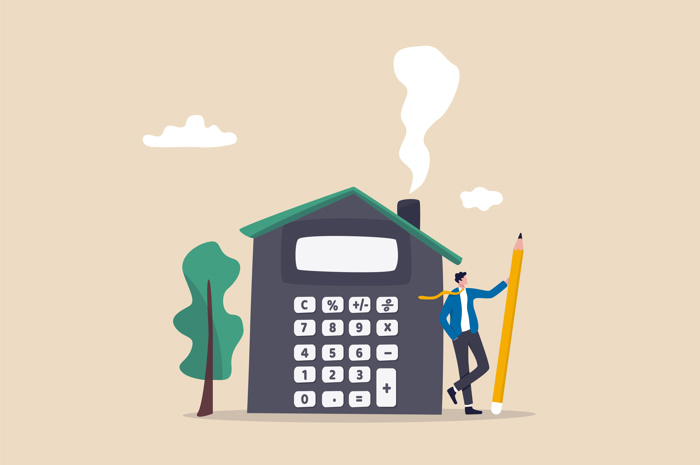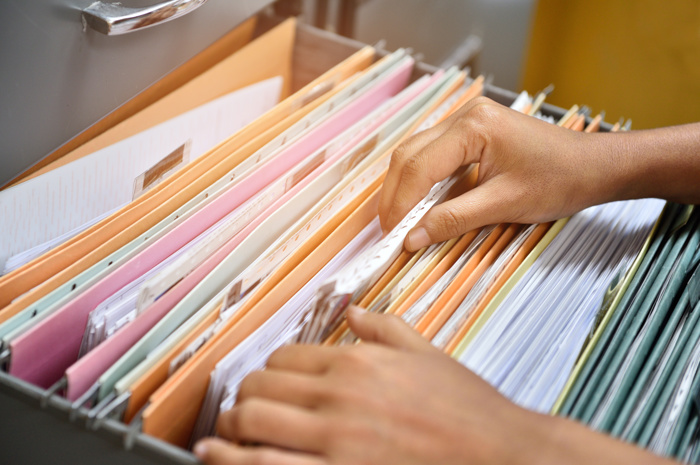Running a property company can be a great way to manage your property portfolio however it does come with additional filing requirements to both HMRC and Companies House. Your account specialist will be able to complete your company's filings and comply with HMRC's property income guidelines. Some useful documents and notes to include with your managed filing are noted below.
It's important to remember that filing through HMRC's own software is not possible for those companies with property related income over £5,200.
Mortgages
If the company used a mortgage to fund a property purchase, the mortgage amount will be accounted for as a liability for the company. They are considered a loan to be paid back over a set period of time. Therefore, the total mortgage amount is noted as a creditor due after more than one year. It is important to let your account specialist know the amount of interest paid during the period as this will be accounted for as an expense on the income statement rather than recorded on the balance sheet as part of the principal loan amount.
Capital allowances
If you are running a property company you will likely buy assets that qualify for capital allowances such as fire alarms, heating systems and general household items. All these items must be entirely used for the running of the company. You should let your account specialist know if your fixed assets are brand new, date of their purchase and their purchase price to ensure the correct capital allowances are claimed on your behalf.
Depending on when the assets were purchased, they may be eligible for the super deduction rate. For main pool plant and machinery items the capital allowance claim amount is 130%, for special rate items this is reduced to 50%. This means either 130% or 50% of the asset cost will be deducted from the company's profits reducing the tax payable. Main pool items will include plant and machinery whereas special rate items may include integral features such as air conditioning units. If the special super rate deduction is used at 50% then the remaining 50% of the asset cost can be written down over the future years at 6%. Your account specialist will be able to offer advice on this topic but be sure to let them know if you have any writing down allowance amounts to be used in the period.
There are other capital allowances you may be entitled to, such as 100% AIA on second hand fixed asset purchases so make sure all your fixed asset purchases are included in your uploaded documents.
Supporting documents:
If a property has been purchased within the period you are filing for it may be helpful to your account specialist to also include your completion statement together with your other supporting documents that are needed to complete your filings such as spreadsheets and bank statements.
When determining the figure of a recently purchased property on the balance sheet, other expenses related to the sale which are considered to be ordinary and necessary can be included in the fixed asset valuation, such as stamp duty. The completion statement provides details on expenses that can and cannot be included.
Depreciation:
Depending on the most appropriate accounting standards for your company ( FRS102 or FRS105- you account specialist will determine the most appropriate standard) the properties your company owns will be either depreciated, or measured at fair value at the end of the accounting period.
It is important to remember that if your property is depreciated, it is not necessarily it's current market value and the price that would be received if it were to be sold. The figure after depreciation has been deducted (book value) is for accounting purposes only.
Any depreciation will be noted as an expense on the income statement. It is a disallowable expense ( non tax deductible) and will be added back onto the taxable profits using the CT600.
Losses:
If a property company makes a loss during an accounting period it is treated the same as other companies and is allowed to be carried forward or back by a year to offset against profits from different periods.
If a loss was made during a previous accounting period and there is an amount to be carried forward, be sure to let your account specialist know of this to ensure you are not overpaying your corporate tax bill.















